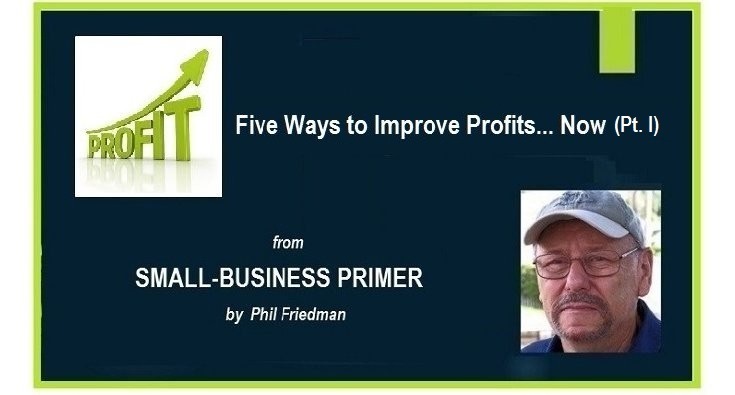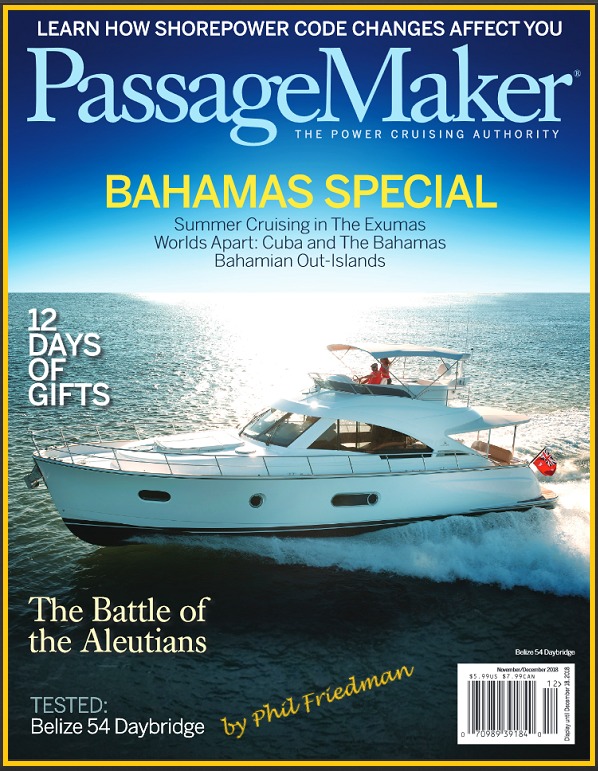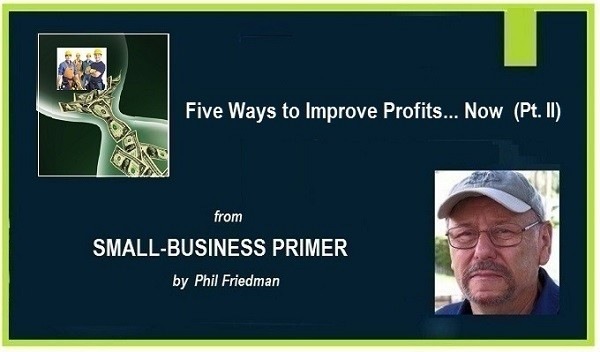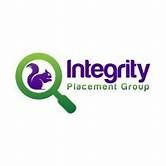Powering Up

USING HIGHER HP-RATED ENGINES OFTEN MAKES MORE SENSE...
So, you’re having a yacht or other vessel built — or perhaps undertaking a major refit and repowering project. And you’re naturally considering not only which engine make and model to choose, but grappling with selection of power rating. Well, would you be surprised to learn that a significant percentage, if not all of the advice you will commonly receive may be misinformed or misguided.
Engines with higher HP ratings don't necessarily consume more fuel than
those with lower ratings...

For a given load, and holding all other factors constant, the fuel consumption of two engines with different HP ratings, will be effectively the same...

In terms of fuel consumption and range, choosing an engine with a lower HP rating may not really be advantageous.
Granted, it is likely that, of two engines able to handle a given anticipated load, the one with the lower HP rating will have a lower first cost. That is to say, if your anticipated load dictates a 500 HP engine, selecting one of similar weight, but with a maximum 700 HP rating will probably cost more initially — although not ultimately in terms of fuel consumption, maintenance, or longevity.
A proper analysis requires consideration of the effect of maximum HP rating on longevity or MTBF (mean time between failure). For example, if you run an engine consistently for long periods of time at 95% to 100% of its rated horsepower output, you are almost certainly going to seriously reduce its operating life. Consequently, the idea is to select an engine or engines with power ratings that assure the bulk of your operating hours will be at 80% to 85%, or less of maximum rated output. By decreasing the percentage of operating hours at engine loadings above 85% or maximum rated output, you will increase MTBF, and will as a result reduce the ultimate cost per hour of running time of your engine(s).
Yachts never diet...

The above photo comparison is a joke. However, it is intended to make a serious point.
In the case of pleasure craft, you should keep in mind that no vessel ever loses weight as it ages. What we refer to in the industry as“weight gain” is a never-ending, never-reversing process that begins when the vessel moves from design and engineering to actual construction, then to outfitting and commissioning, and finally to, and during real-world use.
A vessel's life cycle is always — yes always — accompanied by a growth in overall, loaded weight. The result is an increasing load for propulsion engines to face over the life of the vessel. All due to the fact that we always put things onto and into a yacht — tenders, jet skis, dive tanks, air compressors, and all other manner of gear and equipment. But we rarely, if ever take anything off.
If the engines you select start out life in an application initially projected to see them loaded to 95% or more of their rated power, you can almost certainly expect that somewhere during their life in the craft in question, they will end up running overloaded, that is, producing power at levels above their rated maximum. This will mean accelerated stress, wear and tear; decreased MTBF, and ultimately higher cost per hour of running time than if you had specified and initially paid for engines with a higher power output rating.
Real-world yacht construction...
However, that’s not the only problem with engines whose horsepower ratings are only marginal for the application at hand. My experience in large-yacht construction is that a significant number of such vessels end up under-powered for their performance targets, even by the time their construction is completed and they are launched.

As construction and final engineering progress during a new-build, previously unanticipated weight growth may force you to accept lower vessel performance than originally targeted — unless you take remedial action. When there is a possibility of this eventuality, it is better to take counter measures while the build is still in process.
For example, one might be able to boost projected thrust by up-sizing the vessel’s propellers. However, because of the higher loading produced by such larger propellers, such a move will only be successful if the engines selected at the early stages of project development and specification have a sufficient margin of reserve power available to accommodate the higher propeller loading.
In my experience as a yacht builder, I've found it prudent to select engines whose power production ratings are 10% to 25% higher than the designing naval architects and engineers originally anticipated would be necessary. Of course, you need to ensure that the overall weight of the higher-powered engines is not significantly greater than the weight of those originally specified. (In many cases, it won’t be.) And you have to ensure that the higher-powered engines fit within the maximum physical envelope delineated in the design when the original engines were chose.
But if such parameters can be met, you can provide for a margin of reserve power, without incurring and penalties in terms of fuel consumption and range. In other words, if it turns out that the additional power is not required, the vessel will not be carrying around any excessive additional weight, nor will the higher-powered engines be using any more fuel than would have been used by the lower-powered engines originally specified. Finally, a bonus will be that the engines with the higher power ratings, when run at a lower percentage of rated maximum power, may also last longer and be more reliable.
— Phil Friedman
Author's Notes: This article represents a continuation of my return to writing about marine industry topics, after a sojourn into publishing about more general subjects. If you found this industry-specific post of interest, you may want to read some of my other marine industry related articles:
"Sizing Generators to Run Greener and Cleaner"
"Financial Protections for New-Build Yacht Buyers"
"App or Not, Garbage In Means Garbage Out"
If you'd like to receive notifications of my writings on a regular basis, click the [FOLLOW] button on my beBee profile.
As a writer-friend of mine says, you can always change your mind later.
Feel free to "like" and "share" this post and my other LinkedIn articles — whether on LinkedIn, Twitter, Facebook, or Google+. I ask only that you credit me properly as the author, and include a live link to the original work.
f you are interested in yachts, are allied with the yacht building industry, or operating a small business in another sector, you should consider joining my beBee Hive,
THE PORT ROYAL GROUP for Yacht Builders, Buyers and Owners,
where you will find experienced industry professionals discussing a wide range of topics. The ongoing conversation is always interesting, informative, and 100% industry insider.
About me, Phil Friedman: With 30 some years background in the marine industry, I've worn numerous hats — as a yacht designer, boat builder, marine operations and business manager, marine industry consultant, marine marketing and communications specialist, yachting magazine writer and editor, yacht surveyor, and marine industry educator. I am also trained and experienced in interest-based negotiation and mediation. In a previous life, I taught logic and philosophy at university.

To schedule an appointment for a free 1/2-hour consult email: info@learn2engage.org.
Text Copyright © 2016 by Phil Friedman — All Rights Reserved
Images: Courtesy of Port Royal Group LLC and Google Images
"""""
Articles from Phil Friedman
View blog
PRACTICAL STEPS FOR HIGHER GROSS PROFIT WITHOUT ADDED OVERHEADS... · Preface: · This is the first in ...

GETTING OUT ON THE WATER IN YACHTS LIKE THE RIVIERA BELIZE 54 IS A TOUGH, GRUELING JOB... BUT SOMEON ...

IMPROVE CAPTURE OF BILLABLE HOURS TO BOOST GROSS PROFIT WITHOUT ADDED OVERHEADS... · Preface: · This ...
You may be interested in these jobs
-
Physician / Neurology / South Carolina / Locum or Permanent / Pediatric Neurology Physician Job near Charleston, South Carolina Job
Found in: One Red Cent US C2 - 1 day ago
Hayman Daugherty Associates, Inc Charleston, United StatesPediatric Neurology Job near Charleston, SC A growing pediatric practice is currently seeking a Pediatric Neurologist with training in general pediatric neurology, headache disorders, neuromuscular disorders, or other areas to join our growing pediatric subspecialty practice. The ...
-

Dental Hygienist
Found in: One Red Cent US C2 - 12 hours ago
Integrity Placement Group Fort Myers, United StatesDental Hygienist Part Time · We are seeking a qualified Dental Hygienist for an opening at our two local and close by private practices located in Fort Myers, FL · Our team provides high-quality, comprehensive care utilizing modern procedures and materials. We take the time to ...
-
Cashier (Full-Time/Part-Time)>
Found in: Lensa US P 2 C2 - 10 hours ago
KWIK FILL Irving, United StatesKwik Fill - 626 Route 5 & 20 [Retail Cashier / Team Member] As a Cashier at Kwik Fill, you'll: Operate the cash register accurately, and account for all shift transactions accurately; Perform customer service/suggestive selling; Be responsible for the accurate operation of regist ...



Comments